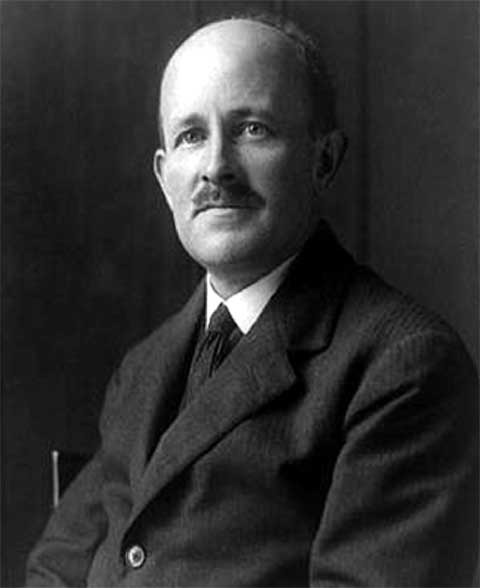How we planned the Great War
by Pat Walsh
Pat Walsh is the author of The Rise and Fall of Imperial Ireland, Athol Books, 2003, Forgotten Aspects of Ireland's Great War on Turkey, Athol Books, 2009 and Catastrophe - The Catholic Predicament in 'Northern Ireland', vol 1, Belfast Historical and Educational Society, 2014.
The present essay was first published in Problems vols 19-20. It is based on a close reading of Maurice Hankey's book The Supreme Command. The full text can be downloaded as a document in Word format here.

Maurice Hankey, 1st Baron Hankey, GCB, GCMG, GCVO, PC FRS, 1877– 1963
“Sales Civitatis, Suprema Lex” (The Safety of the State is the Highest Law) - Lord Hankey.
Lord Maurice Hankey gave unparalleled service to the State he served over more than three decades. He was much more than just an Imperial Senior Civil Servant. It would be no exaggeration to say that he kept the British State together over a generation.
‘The Supreme Command’ (1961) by Hankey, though largely ignored today, is the most complete inside description of Britain’s Great War on Germany. It contains details of the planning for that war by the person who oversaw it, coordinated it and put it into operation from August 1914.
Two authoritative sources: Hankey and AC Bell- Both ignored by the mainstream historians
How Hankey understood 'defence'
Hankey and Admiral Fisher - How Germany became 'Carthage' to Britain's 'Rome'
1904-7 The Great Transformation of British foreign policy
A strategy of starving the civilian population - War against commerce
A new kind of warfare - Would a blockade work?
The Committee of Imperial Defence
The Secret Conversations: what the French wanted - Reformation of the army
Suspicion in the Cabinet - Navy and army brought together
Army v Navy: conscription v blockade - Limitations of Britain's ability to make war
The detailed blueprint - The Agadir crisis of 1911: the army wins.
The need to engage the whole Empire
A.C.Bell and the practical problems of blockade
The New Naval Strategy. Blockade at a distance. - The nature of British wars
Hankey reveals the full degree of the planning - The Blockade of Germany and Europe begins